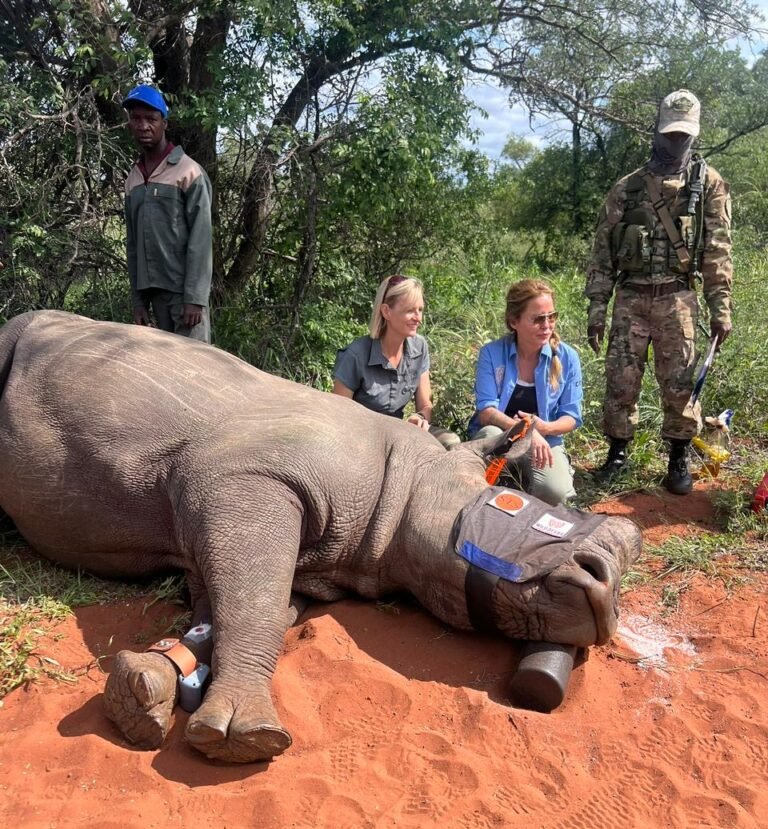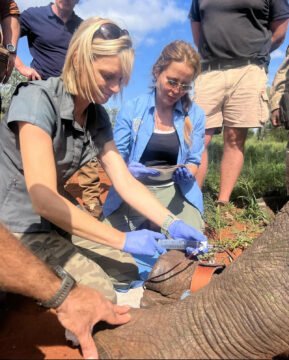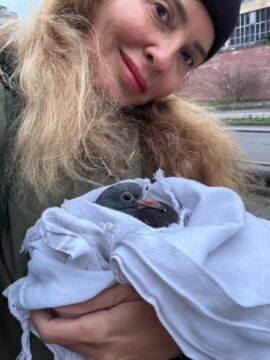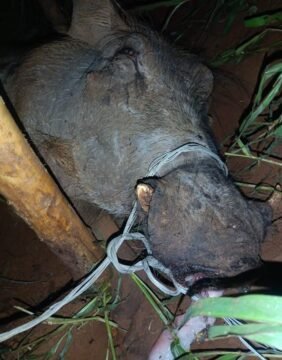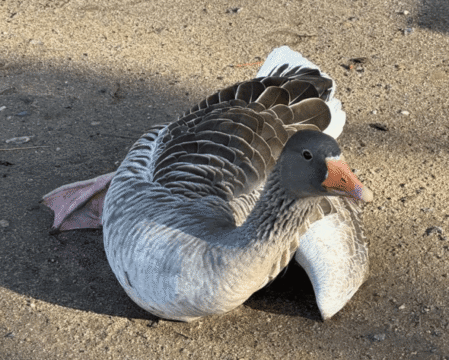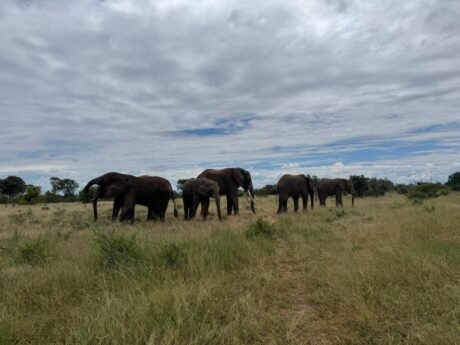Our organization is dedicated to combating this tragedy through innovative measures. We employ AI-powered tracking devices, allowing us to monitor their movements and swiftly respond to any threats. Additionally, we collect plasma samples to create a comprehensive database, aiding in the identification and protection of individual rhinos. By leveraging technology and scientific advancements, we strive to keep these magnificent creatures safe from harm, preserving their populations for future generations to admire and cherish.
AI-Powered Tracking Devices

We use AI-powered tracking devices for rhinos to monitor their movements and behaviors for several crucial reasons. Firstly, these devices help us to understand their habitat preferences, migration patterns, and daily routines, which are vital for effective conservation strategies. By collecting data on where they roam, we can identify key areas for protection and ensure they have access to suitable habitats.
Secondly, these devices serve as a powerful tool against poaching. With real-time tracking capabilities, we can swiftly respond to any suspicious activity or threats to the rhinos’ safety. This allows law enforcement and conservation teams to intervene promptly, potentially saving lives and deterring poachers.
Moreover, the data collected from these devices provides invaluable insights into rhino health and well-being. We can monitor factors such as stress levels, activity levels, and social interactions, aiding in the early detection of illness or injury. This proactive approach to monitoring their health helps us to provide timely medical intervention when needed, ultimately contributing to their overall survival and reproductive success.
